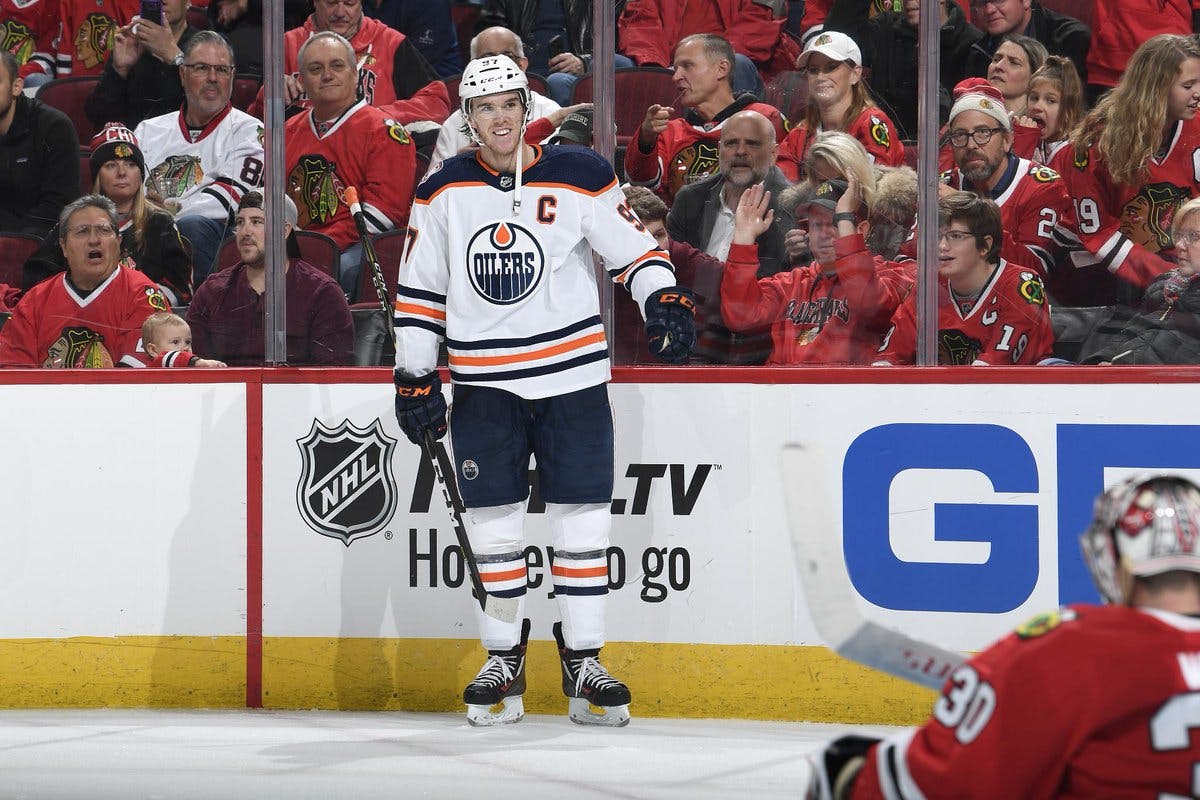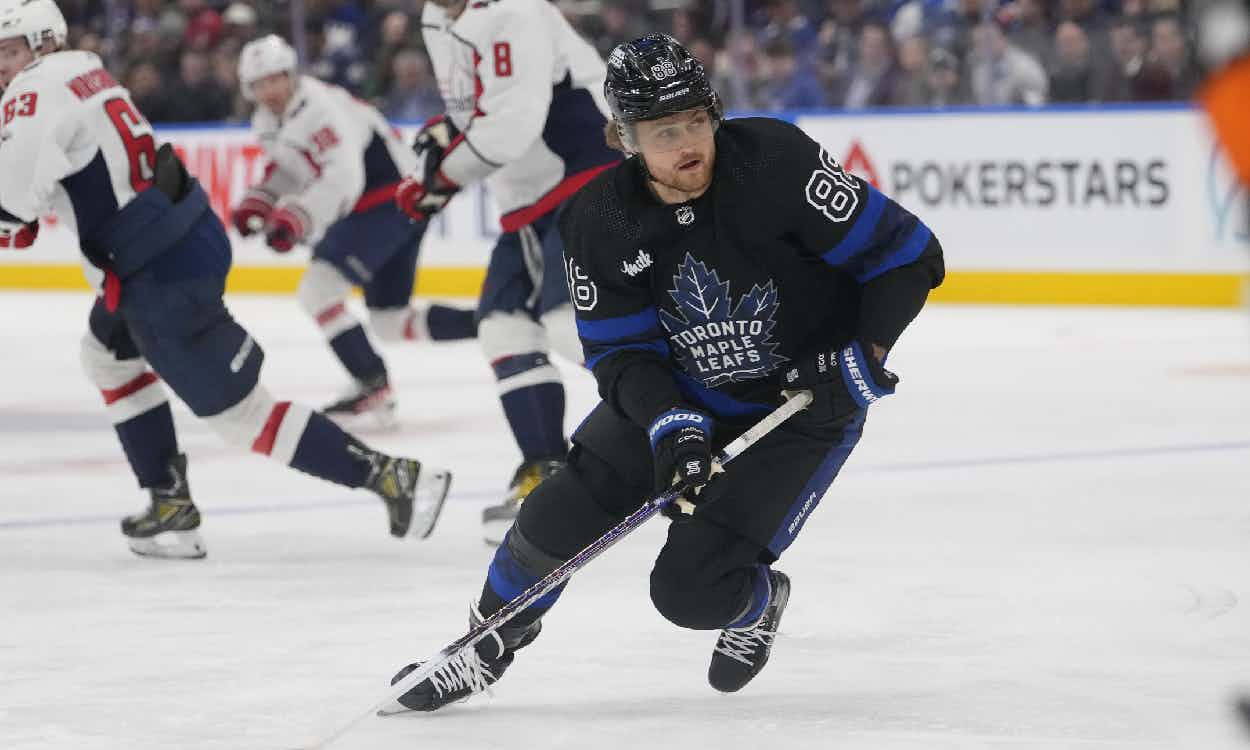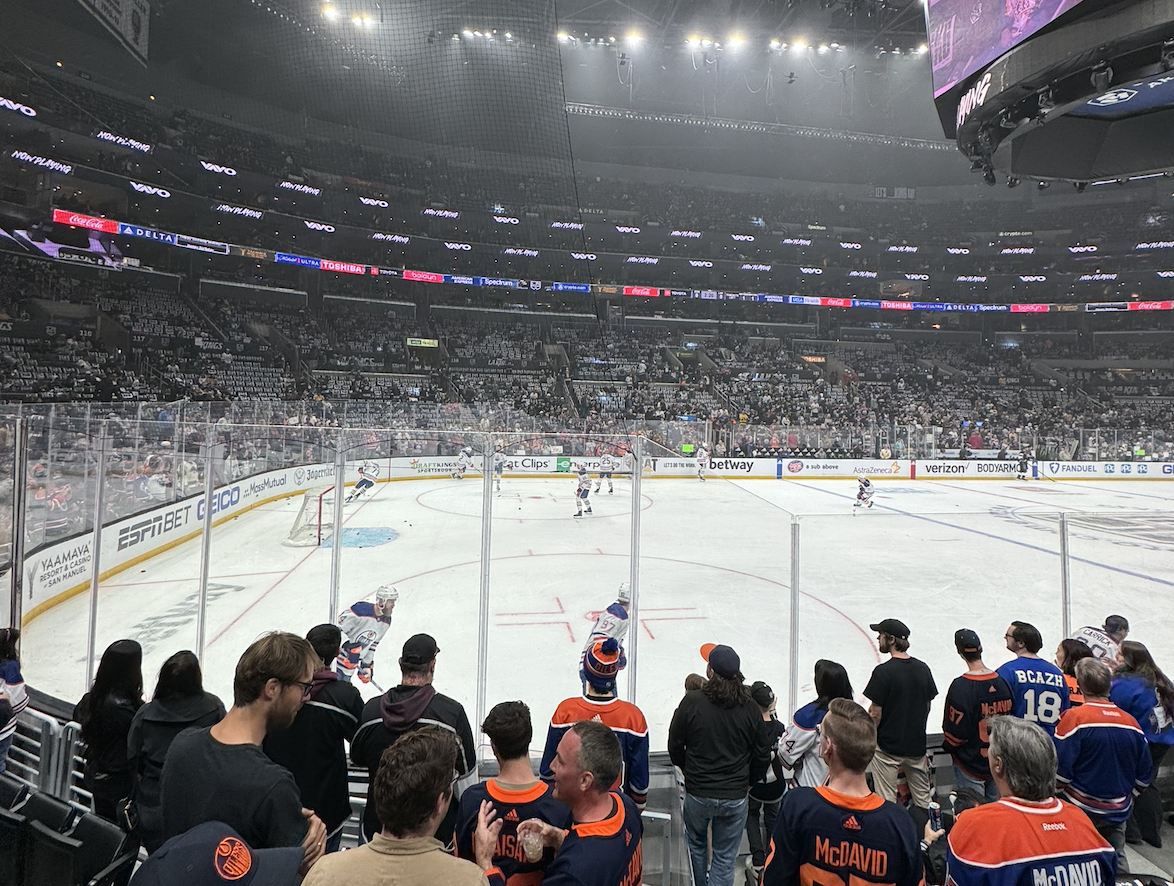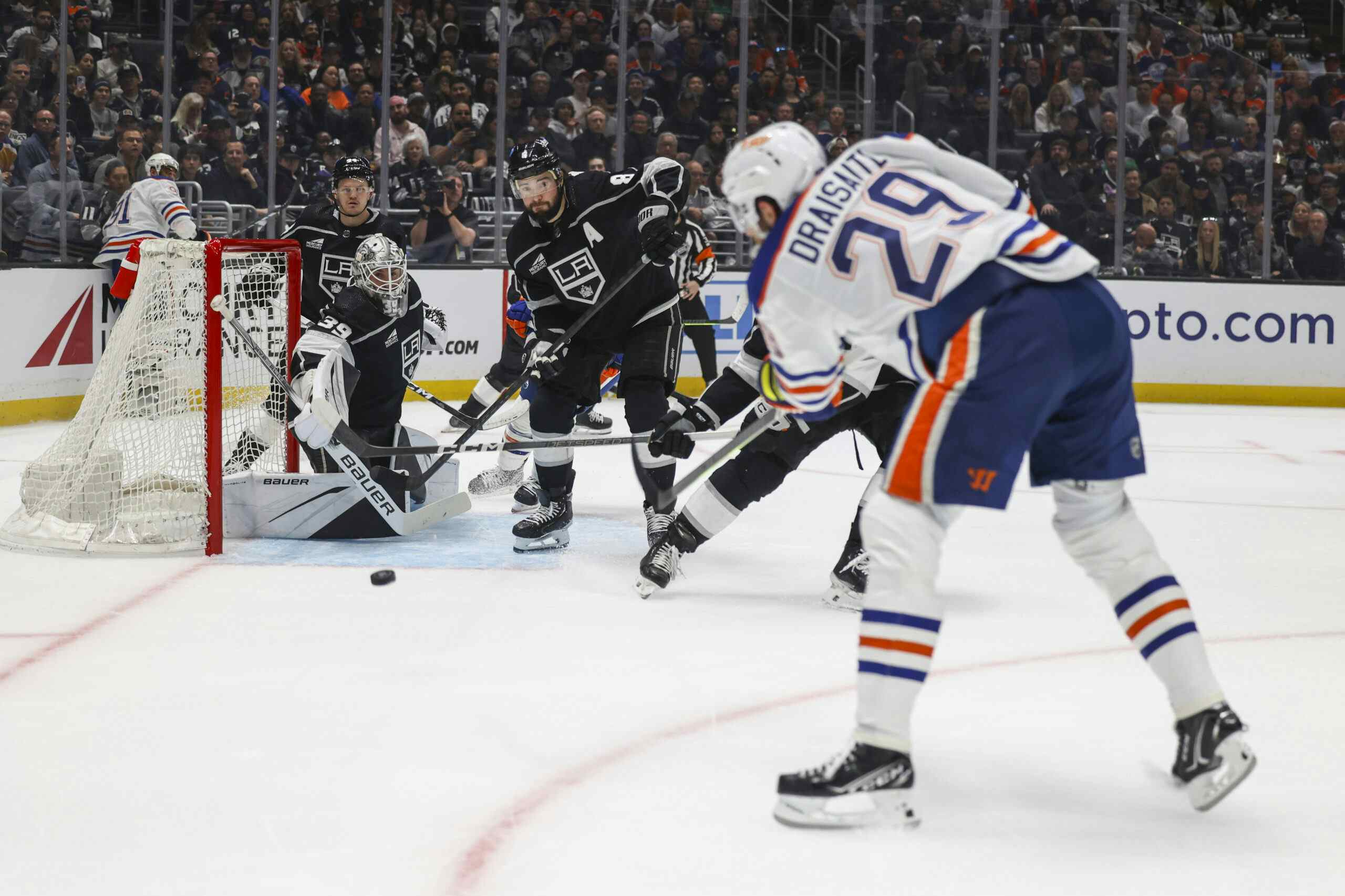The McDavid and Draisaitl contracts are rare wins from Peter Chiarelli’s time as Oilers GM

Peter Chiarelli’s time as Edmonton Oilers general manager was an unmitigated disaster. The Oilers could be on the verge of contending at the top of the Western Conference for years had Chiarelli not mismanaged the wealth of assets he walked into as Oilers general manager. Chiarelli’s failures don’t need to be relitigated. They’ve been discussed ad nauseam, but 26 players remain restricted free agents a month before the 2019-20 season starts. The @Connor McDavid and @Leon Draisaitl extensions are starting to look good, real good.
By far, Chiarelli’s best work as Oilers GM is extending both McDavid and Draisaitl for eight years. McDavid’s extension made him the highest paid player in the league. Two years later that remains true. It’s still a bargain.
McDavid’s cap hit isn’t the surprise here, it’s the eight years McDavid chose to re-sign considering there’s usually a playbook for elite superstars and their contracts. The elite young stars often opt for a five-year contract that takes them to free agency. They rarely make it to free agency, but a five-year term allows them to re-up at a higher cap hit and avoid being stuck at a significantly reduced price when the salary cap inevitably goes up.
McDavid’s comparables were as expected: Sidney Crosby, Alex Ovechkin, Evgeni Malkin, Nicklas Backstrom, Steven Stamkos, Anze Kopitar, Patrick Kane.
Only three players signed for longer than five years: Ovechkin, Backstrom, Kopitar. Ovechkin and Backstrom both signed contracts of at least ten years. Kopitar signed for seven years, which still left him at an age where he secured an eight-year deal at $10 million per year.

The Oilers got a massive break when McDavid signed for eight years. It’s comparable to Ovechkin and Backstrom re-signing for 10 and 13 years with Washington. Kopitar’s seven-year extension sticks out, too, but otherwise it’s five years for elite young forwards.
Since McDavid signed, @Auston Matthews, @Jack Eichel, Draisaitl, @Sebastian Aho, @Dylan Larkin all signed big RFA contracts. Most chose the five-year route, except for Eichel and Draisaitl.
Matthews’ contract is just two percent less of the salary cap when signed compared to McDavid’s, but with a big difference in term. Had Matthews signed for the percentage of the cap McDavid got (16.67%) his cap hit would jump to $13.25 million. The difference in cap hit is only $866,000, but Matthews gives up three years less on the term. Matthews obviously wasn’t on McDavid’s level when he signed, but he still got a very high percentage of the cap.
Matthews probably has Eichel to thank. After Eichel’s second season, with only 113 points in 142 games (0.78 ppg), the Sabres extended their franchise center for eight years at $10 million per year. Eichel was nearly a point per game the season before he signed, with 57 points in 61 games, but negotiations were clearly influenced by McDavid’s mammoth extension.
Chiarelli chose not to use the leverage the Oilers had over with Draisaitl. Draisaitl still had five seasons of restricted free agency left because the Oilers sent him down before his 40th game, leaving him without an accrued season towards free agency. The Oilers only bought three years of unrestricted free agent with an eight-year contract, but not grinding your stars to take less money is hardly a black mark, especially when you just gave their superstar teammate a $100-million extension. Draisaitl’s contract is long enough that a slight overpayment isn’t a huge deal.
The McDavid contract is the beacon of light from Chiarelli’s abysmal Oilers tenure. In an age where superstar players are slowly starting to exert their power and influence, where =John Tavares and Artemi Panarin (and probably Taylor Hall next summer) are welcoming free agency, having McDavid and Draisaitl locked up for the next six years, and McDavid for seven.
The Toronto Maple Leafs are struggling to sign Mitch Marner. A five-year contract leaves Marner, Matthews, and Nylander as free agents in 2024. A four-year contract walks Marner right to free agency without buying any UFA years. While six years sounds like more than the Marner camp wants to give up.
It doesn’t look like the Leafs will get much of a discount on either Marner or Matthews. It’s highly unlikely the Maple Leafs will have any of their young stars on eight-year contracts, although that matters less when you have an abundance of talent on the roster.
Oilers fans are annoyed reading articles on McDavid’s mood and body language with more than a month to go till the season starts. Imagine if McDavid only had four years left on his contract. There’d be a 24/7 counter on TSN and Sportsnet until his contract expires.
McDavid, coming off a second-round exit from the 2017 playoffs, decided to sign in Edmonton for eight more seasons. A year before he needed to. McDavid, and Draisaitl, were most likely excited by the future in Edmonton. That hasn’t come to fruition, with the Oilers missing the playoffs in both seasons after McDavid and Draisaitl extended, but they have both players for the next six seasons. Maybe they regret locking themselves into eight-year contracts, but the Oilers have time on their side for now.
Most of the big-name RFAs will sign closer to camp. Some, like William Nylander and Jacob Trouba before, might miss actual games. The Oilers don’t have to worry about that. Chiarelli misfired terribly on numerous levels as Oilers general manager. But he did sign both McDavid and Draisaitl for eight years.
Recent articles from Christian Pagnani





